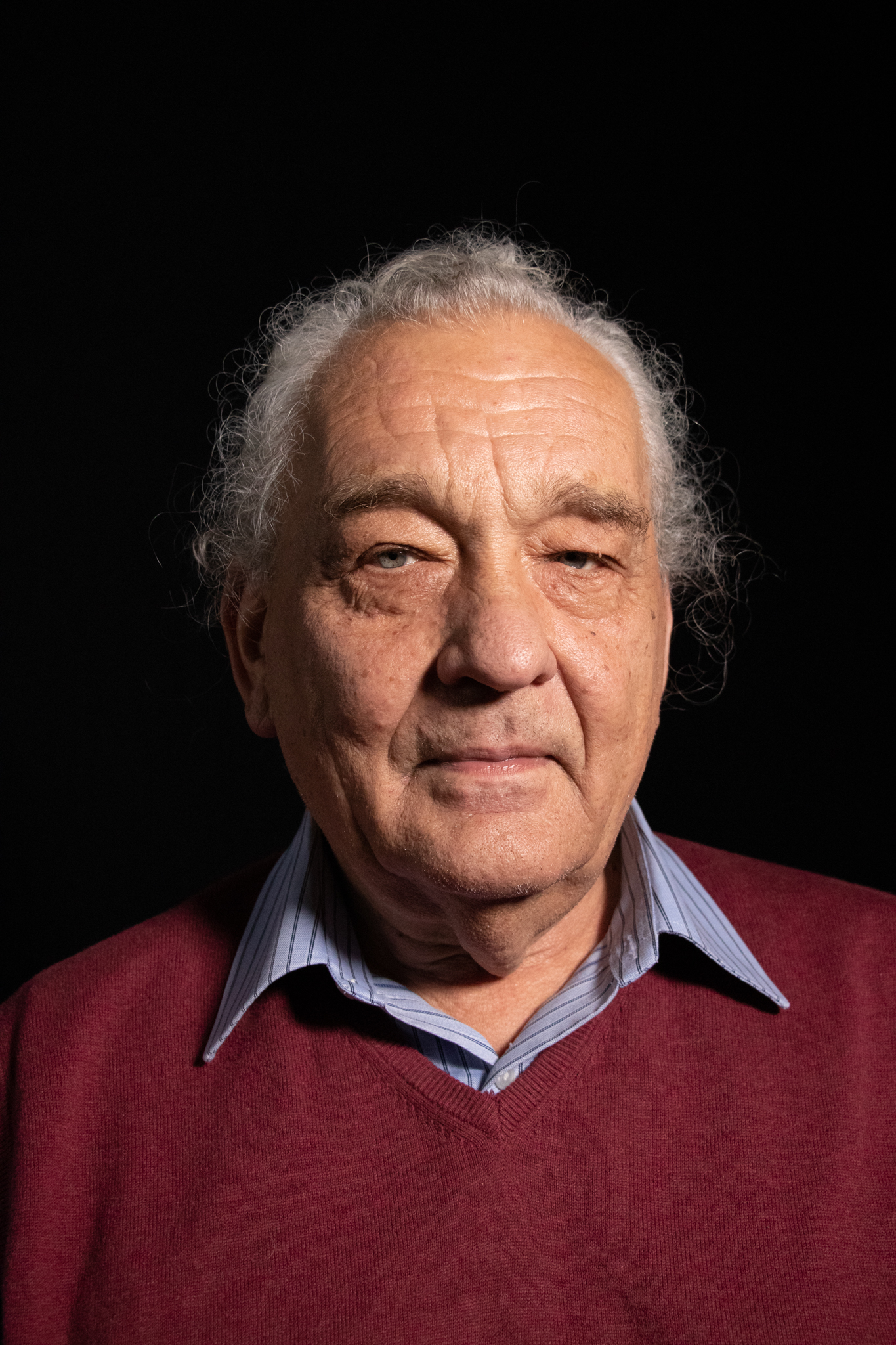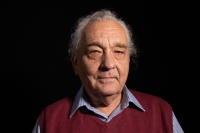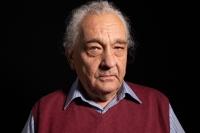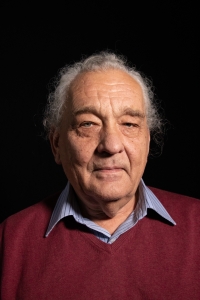He’d rather work in the mines than serve in the army

Download image
Alan Vitouš was born on 26 April 1946 in Prague. His father was clarinetist Josef Vitouš (1906-1984) who grew up in Prague in the family of an Austro-Hungarian trombonist and military bandmaster. He was one of the first players to play the saxophone in our country in the 1920s. His mother Ludmila, née Chaloupková, was one of three children. Her father owned one of the first steam dairies in Prague-Karlín. She completed a business school and worked as a model. She also had a talent for poetry, writing lyrics to songs the father composed and fairy tales in the style of Božena Němcová. After the war, Josef Vitouš and brother František founded a company selling musical instruments, which they lost after 1948. The father was very involved with Alan and his brother Miroslav, later a world-famous upright bassist, and was very supportive of their musical education. Both brothers studied at the Prague Conservatory; Alan Vitouš studied drums and his brother double bass. During their studies, in 1961 they founded the successful jazz group Junior Trio with Jan Hammer, with whom they also performed abroad. In 1965, however, Alan Vitouš no longer accompanied his bandmates at an international competition for young jazz musicians in Vienna which his brother won. The first prize was the study of jazz in the USA, where Jan Hammer also emigrated in 1968. Alan Vitouš stayed in Prague for religious reasons. In 1964 he was baptized in the Jehovah’s Witnesses Church and began evangelizing. Since his faith did not allow him to do military service, he chose the only way to avoid prison that the state allowed, which was signing a ten-year contract to work in the mines in Kladno. He was active in the religious life of the church, got married and had two daughters. In the mid-1970s, he was under a suspended sentence of eight months with a probationary period of two years under section 178 of Criminal Code, Act No. 140/1961 for membership in an unauthorised religious group. At the end of the 1970s, he got out of his work contract and returned to music after thirteen years. At first he played with Jiří Stivín, then in 1985 he formed his own group, the Vitouš Trio with singer Jana Koubková. In 1988, he and his brother recorded the album Alan Vitouš Featuring Miroslav Vitouš. In 1990, Alan Vitouš founded a recording studio and began to play percussion and other alternative instruments. He has worked with a number of successful music projects. At the time of the recording, in 2022, he was living in Prague and focusing on music.


